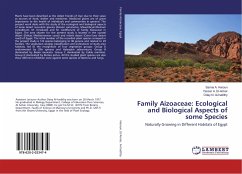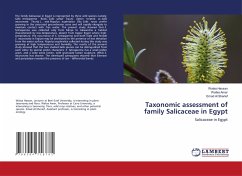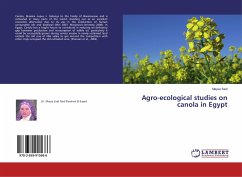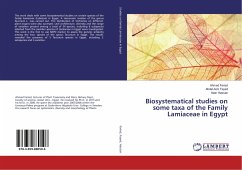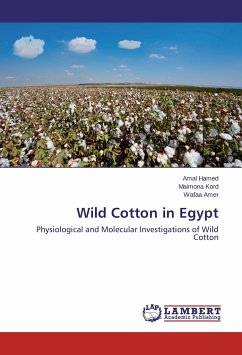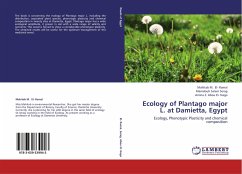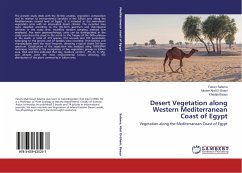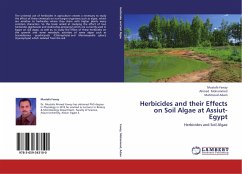Plants have been described as the oldest friends of man due to their value as sources of food, shelter and medicines. Medicinal plants are of great importance to the health of individuals and communities in general. The present work deals with the study of the ecological and biological aspects of some desert succulent species (Aizoon canariense, Mesembryanthemum crystallinum, M. forsskaolii and M. nodiflorum) of family Aizoaceae in Egypt. The area chosen for the present study is located in the coastal desert (Deltaic Mediterranean coast) and inland desert (Cairo-Suez desert road) of Egypt. The total number of the recorded plant species surveyed in the present study is 122 species belonging to 96 genera and related to 29 families. The vegetation analysis (classification and ordination) of study area habitats, led to the recognition of four vegetation groups. Group A codominated by Zilla spinosa and Haloxylon salicornicum. Group B dominated by Bassia muricata. Group C dominated by Cakile maritima. Group D dominated by Rumex pictus. All the studied plant species are also show different inhibition zone against some species of Bacteria and fungi.
Bitte wählen Sie Ihr Anliegen aus.
Rechnungen
Retourenschein anfordern
Bestellstatus
Storno

